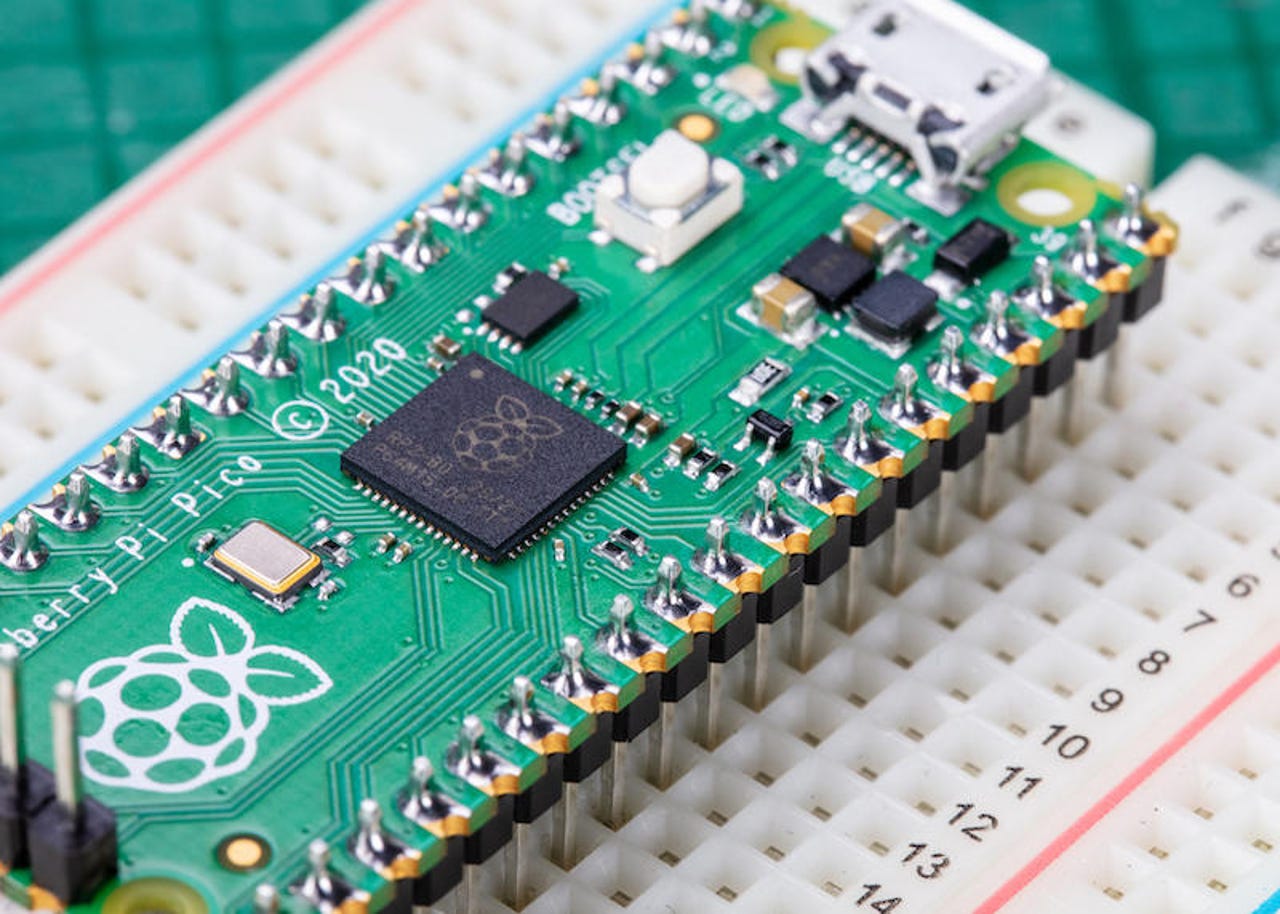'ZDNET Recommends': What exactly does it mean?
ZDNET's recommendations are based on many hours of testing, research, and comparison shopping. We gather data from the best available sources, including vendor and retailer listings as well as other relevant and independent reviews sites. And we pore over customer reviews to find out what matters to real people who already own and use the products and services we’re assessing.
When you click through from our site to a retailer and buy a product or service, we may earn affiliate commissions. This helps support our work, but does not affect what we cover or how, and it does not affect the price you pay. Neither ZDNET nor the author are compensated for these independent reviews. Indeed, we follow strict guidelines that ensure our editorial content is never influenced by advertisers.
ZDNET's editorial team writes on behalf of you, our reader. Our goal is to deliver the most accurate information and the most knowledgeable advice possible in order to help you make smarter buying decisions on tech gear and a wide array of products and services. Our editors thoroughly review and fact-check every article to ensure that our content meets the highest standards. If we have made an error or published misleading information, we will correct or clarify the article. If you see inaccuracies in our content, please report the mistake via this form.
Raspberry Pi at 10: The tiny computer with a giant impact


8GB Raspberry Pi 4
Ten years ago, ZDNet wrote about a rather unusual new piece of hardware. Not an expensive Windows PCs or Apple iPad, but a cheap, ARM-based Linux computer without a keyboard or screen – and one that sold out as soon as it was launched.
While creators of the Raspberry Pi had modest hopes – they thought they might sell just 1,000 units or 10,000 at most – it had sold over 700,000 units within a year.
And now the Raspberry Pi has reached the 10th anniversary of its first device and its chief, Eben Upton, says that 45 million units have been sold to students, hobbyists and increasingly to companies that make internet-connected devices.
SEE: Employers are desperate for data scientists as demand booms
The Raspberry Pi lineup today includes the Raspberry Pi 4, the $70 Raspberry Pi 400 with a keyboard, various 'hardware attached on top' extensions, and versions spanning 2GB to 8GB of RAM. The Raspberry Pi 400 was inspired by the BBC Micro, also designed by engineers at Cambridge in the 1980s.
Upton emphasizes that the purpose for what is now the world's best-known single-board computer (SBC) was education. All profits go back to the Raspberry Pi Foundation.
"A group of us had founded the Raspberry Pi Foundation in 2008, aiming to reverse the decline in applications to study Computer Science at Cambridge by providing young people with a fun, robust, low-cost computer with which they could learn to program," writes Upton.
ZDNET Recommends
It's now launched six generations of the Raspberry Pi, as well as compute modules, and has seen its devices deployed all over Earth and in space.
"Our products have flown under weather balloons; travelled to the International Space Station, penguin colonies in Antarctica, the insides of volcanoes, and the bottom of the sea; and been built into supercomputers, cucumber sorters, and hospital ventilators. Tens of thousands of children used them to study at home during the pandemic," said Upton.
Upton also emphasizes the role the non-profit Raspberry Pi Foundation has had on education, pointing out that "millions of young people are learning how to program" through its free online courses and partnerships it's created with other organisations, such as Code Clubs and CoderDojos.
And the device has gained a large support network of volunteers, developers, suppliers, resellers, teachers, and parents.
The University of Cambridge has also celebrated the Pi's 10th anniversary. It notes in a blogpost that the Pi has created a market worth $1 billion, created 300 jobs at Sony Europe B.V.'s Factory in Pencoed, Wales, and Cambridge, and transformed the way engineers design control systems for the Internet of Things.
It hasn't been all smooth sailing, though: while in 2012, chip prices were flat or falling, the pandemic-driven chip crunch of 2021 forced Raspberry Pi to impose its first price rise. The entry-level 2GB RAM Raspberry Pi 4 rose by $10 to $45 due to the global semiconductor shortage.